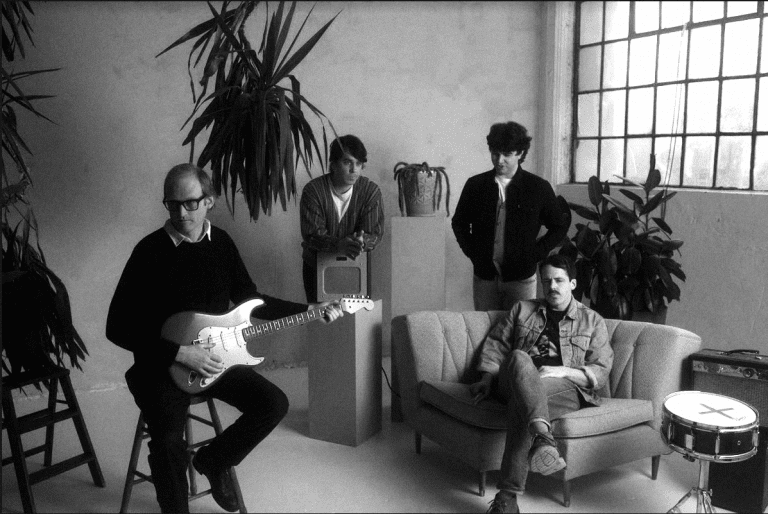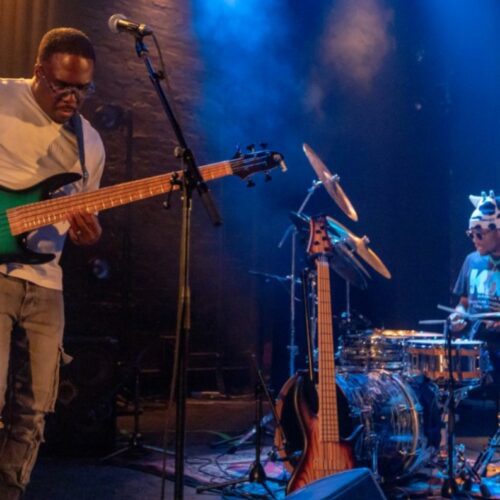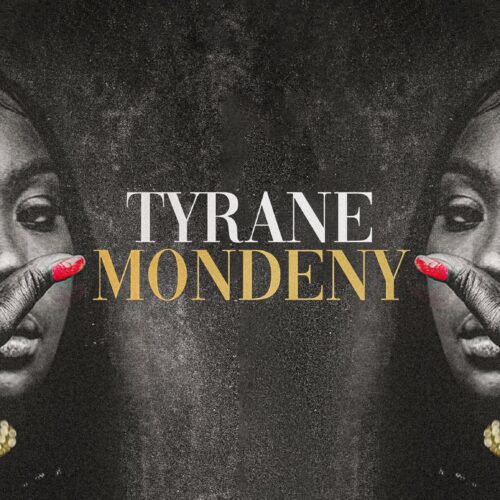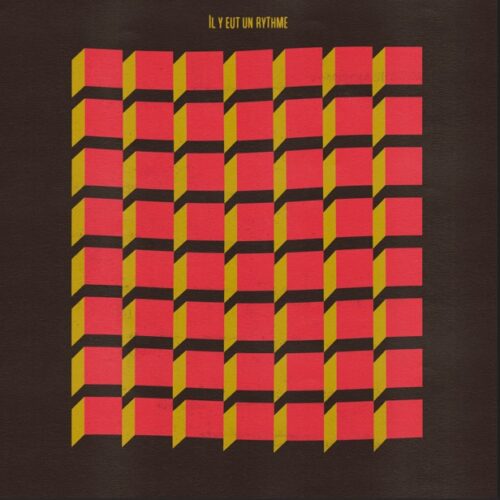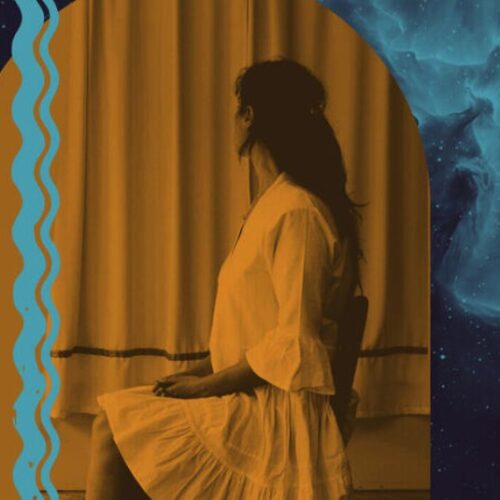Additional Information
With the August release of their third album, Chopper, Toronto indie-rock outfit Kiwi Jr. is about to be back out on the road.
The band, typically known for sunshiny pop-rock bangers with a surreal, sardonic lyrical twist, has created something of a reinvention with Chopper. Rather than focusing on cheerful guitar riffs and uplifting instrumentals, as seen on previous albums Football Money (2019) and Cooler Returns (2021), Chopper instead has a darker, more nocturnal tone—described by the band in one interview as ‘Kiwi after dark’—and is a fantastic iteration that fans won’t want to miss.
Kiwi Jr. are Jeremy Gaudet (guitar, vocals), Mike Walker (bass), Brohan Moore (drums), and Brian Murphy (keys, guitar). In this latest offering, the group has included synths in their compositions for the first time, having Murphy make the switch from lead guitar to, primarily, the synthesizer. They’re also joined by producer Dan Boeckner, known for his work with Wolf Parade, Handsome Furs, and Divine Fits.
This change in Kiwi Jr.’s successful formula has more than paid off on Chopper, bringing a new feel to their iconic sound and complementing the volatile yet voluminous peaks and valleys of their songs.
PAN M 360 got in touch with Kiwi Jr. frontman Jeremy Gaudet one week prior to their show at M for Montreal Marathon in Mile End.
PAN M 360: With Chopper out, a European tour under your belt, and a bunch more shows to come, how are you guys feeling right now?
Jeremy Gaudet: Pretty good! We’re still excited to be promoting the record, it’s only been a couple of months, so it still feels pretty fresh to us and we’re still having lots of fun with it on stage.
PAN M 360: Have you discovered anything new as you’ve been playing live over the last bit?
JG: It’s been way different because we have Brian [Murphy] playing the keyboard on stage, and he’d never done that before this record. We added so many keys on the record, and we had to have somebody step up and do it, so that’s been a cool thing to try to make work.
PAN M 360: You mentioned that your producer Dan’s head injury on day two of recording changed the course of the record to be more synth-focused. Could this jump have happened any other way?
JG: I mean that’s just a funny story that we tell people, but we were always gonna have synths on the record, that’s why Dan wanted to produce it. The head injury thing was just a very memorable moment, and what was interesting about it was that we scrapped pretty much everything we worked on in the first two days and went into synth mode, where normally you’d record all your bed tracks and everything, so that’s kind of what that injury did to Dan, like, ‘fuck this.’
PAN M 360: Were there any artists you guys looked to as a starting point for your first synth foray?
JG: Yeah, all kinds. Destroyer, a lot of pop stuff like The Weeknd. Some ‘80s stuff, you know, Rod Stewart. Also a lot of Dan [Boeckner]’s work, Handsome Furs and things like that. Deftones has a lot of cool sub-bass synth stuff that we ended up trying to do to beef up some choruses. We listen to a lot of different types of music just to see what tones we like.
PAN M 360: It feels like you’ve grown your audience a lot faster than your average Canadian indie band. Do you guys feel like this happened quickly as well, or is it the pace you expected to be making?
JG: I don’t really have a reference for that, but, you know, it’s always nice to have more people at your shows than you expected. When we were in Europe, we were concerned when we were playing in places like Brussels, and we didn’t know a single person there to add to the guest list. But then you get to the show and it’s full, and you’re thinking ‘how did this happen?’ It’s pretty cool. I have to go back.
PAN M 360: You’ve mentioned that you pretty much wrote all ten songs on Chopper one after another, versus a more organic approach. Was that way of working new to you?
JG: This was the first time I was ever afforded the luxury of doing that. Normally, yes, you pick out stuff at practice, put it back on the shelf, and after a year you have all these riffs and half-songs. And when you know you have to make an album you go back and gather all the spare parts. With this one, it was a different experience.
PAN M 360: On the note of your songwriting, you’re becoming known for some really striking, cryptic poetry in your lyrics. I was wondering if you could share a bit of the story behind the words of “Downtown Area Blues.”
JG: For the most part, I’ve been telling people that I wrote the song titles first on this record, and that’s definitely the case for a lot of the songs. But this was one where I had an idea—I thought the record needed another uptempo song, and I just had this dream sequence-y idea of literally being trapped in a storage container downtown.
We have a storage unit where we keep all our gear and merch when we’re not playing, and it’s a nightmare, and it’s scary, so you’ve got that idea. And then downtown Toronto is just a terrible place to be at night. If you go to a Raptors game, or a Bluejays game, or something right downtown, and you’re trying to get out of the city, it’s just a chaotic nightmare scenario.
That’s generally the idea of the song, and the main theme of it is having to wake things up. It could be anything, from insomnia—not being able to sleep and having to wait out what’s going on until the morning—to literally being trapped in a storage facility and having to wait for somebody to come and let you out.
PAN M 360: Would you call yourself a film buff? Are there any movies you found inspiring as you worked on Chopper?
JG: I like movies, but I’d never call myself a film buff. I know that whenever we were putting the artwork, we were talking about Michael Mann movies a lot. That kind of lonely cityscape vibe— the night feeling.
PAN M 360: You’ve got other film references in there as well, right? Like that one about the scorpion jacket from Drive?
JG: That line gets misinterpreted by people. I remember when that movie came out, and for years, cool guys at Halloween parties would wear that jacket as a Halloween costume. And after a while, it just became a signifier that this guy is an asshole or a tryhard. So that’s where I was coming from with that.
PAN M 360: What’s coming up for Kiwi Jr. in 2023?
JG: We’ve got a bunch of dates, they just haven’t been announced yet. We’re just putting things together, but we’re going to the West Coast for a week at the end of the month with Cloud Nothing. That’s our next stint. You’re always thinking about the next album, but we’re definitely still in Chopper mode.
Kiwi Jr. plays M For Montreal on Friday, Nov. 18 at the Van Horne Skate Park. This show is free. Details HERE
